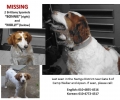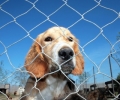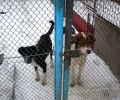IAKA Update
The Korean Dog Meat Issue has been known to the world since early 1984. Many international organizations organized protests, letter writing campaigns, and other actions but these did almost nothing to stop dog meat consumption in Korea. Because of this, I organized IAKA in 1997.
In 2000, a member of the Korean National Assembly proposed fully legalizing dog-meat and classifying it as livestock meat. In reaction to this I began heavily organizing international campaigns and protests all over Europe and Australia. I attempted to organize and get support in the United States as well but was unsuccessful. The US wanted to maintain strong political ties to South Korea and so these issues received almost no attention from major US Media outlets. IAKA was very successful in the UK and received a lot of support and we were able to stop the classification of dogs as livestock from going through.
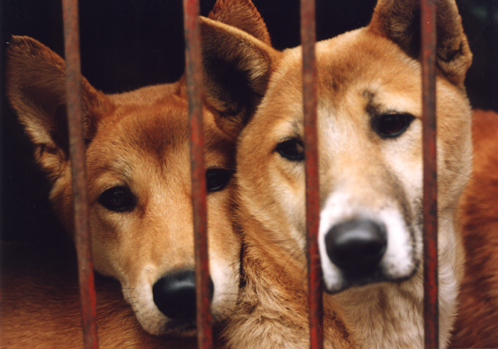
I continued with international campaigns and protests until 2008, when I began to realize that they were largely ineffective. Many Koreans, especially ones who wanted to be seen as resisting international pressures to change, were going out and actually consuming more dog meat. They felt angry at foreigners interfering with what they saw as a part of their culture. At that time I thought it would be most effective if the pressures to change were being led by Koreans themselves. That would eliminate the excuse of resisting unwanted foreign influence and the change could be seen as a complete cultural shift.
This process feels much slower, and I know it will take a long time to meaningfully reduce the scale of cruelty and slaughter experienced by Korean animals, but I truly believe supporting the operations of Korean animal rescue groups, operating on the ground in Korea, and run by Korean animal lovers is the best and most effective path forward. That is why, since 2008, IAKA has shifted its main focus away from organizing international protests and campaigns and moved toward supporting Koreans struggling to start up animal shelters, run TNR operations, fund the medical care of rescued animals, and also to run animal care education programs for the people.
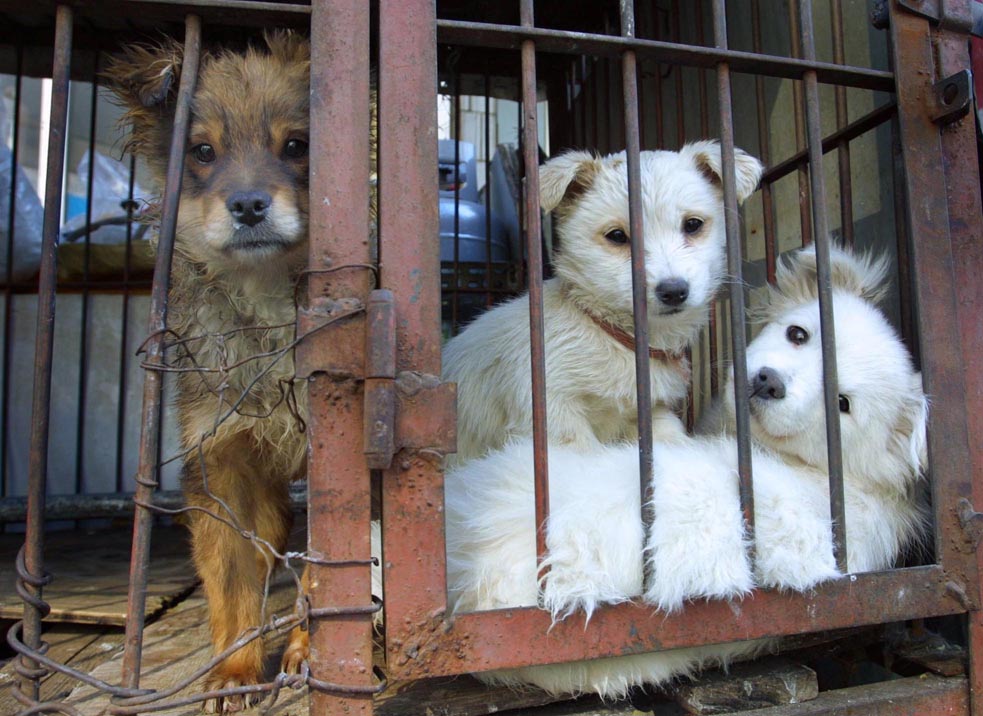
Over the past several years we have seen a noticeable shift in Korean’s attitude toward dog and cat farming and eating practices. Dog farms, meat markets, and restaurants are in decline – though they do still exist in a legal “grey” area. There has been an increase in the percentage of Koreans who wish to see the practice banned altogether, noticeably among the younger generations. As with most societal shifts, the changes are slower than what we would like, but the progress is there and measurable, and picking up momentum. And there is hope that since these changes are taking place at a social level and working their way up, that they will be more permanent and pervasive.
We have assisted many organizations with medical expenses, financing spay/neuter/TNR programs, or with the costs of relocating to better facilities. We have found that the most measurable and direct work is being done by these organizations (and not international ‘rescue’ organizations – many of whom tend to use the plight of Korean animals as a fundraising tool without contributing anything other than a symbolic adoption or two to the cause). We provide regular updates on the shelters and rescues we choose to support, most of which are founded and operated by Koreans. We work hard to pick responsible, caring organizations that focus on rescue, rehabilitation, and permanently rehoming Korean dogs and cats.
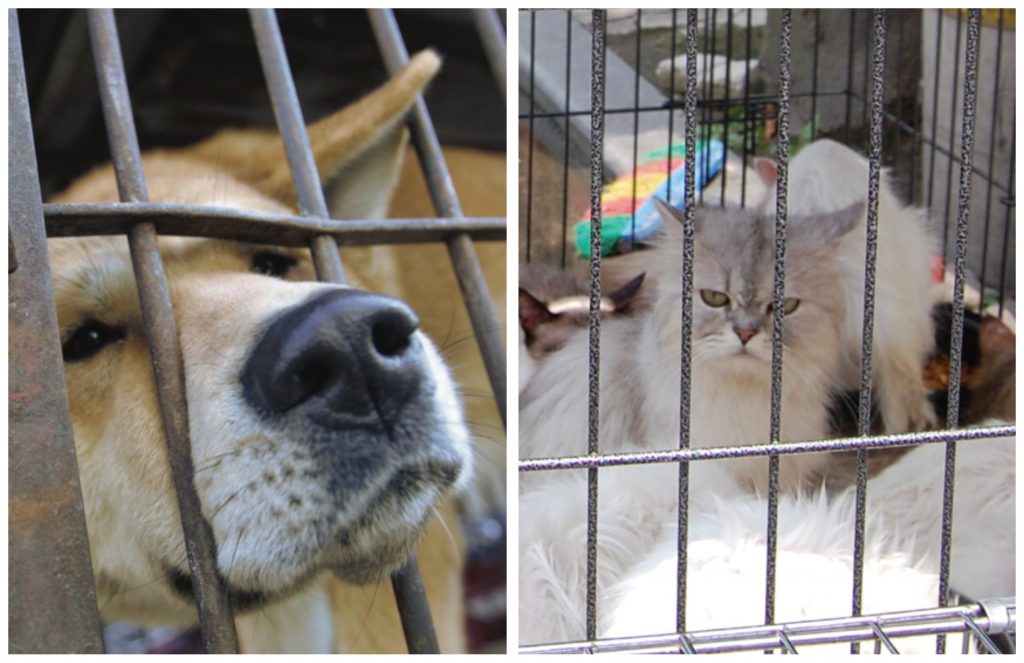
We will be posting stories from two of the Korean organizations we worked to support this year, Hug Me Shelter and Rebel Rescue. Through your generosity, IAKA was able to help both of them financially this last year – and we intend to continue to do so moving forward.
If you would like to learn more about them or help them directly you can do so via the links below:
Hug Me Shelter: https://www.facebook.com/hugmedogshelter/
PayPal : hug-me-shelter@naver.com
Rebel Rescue South Korea: https://rebelrescuesk.com/financially-foster/





